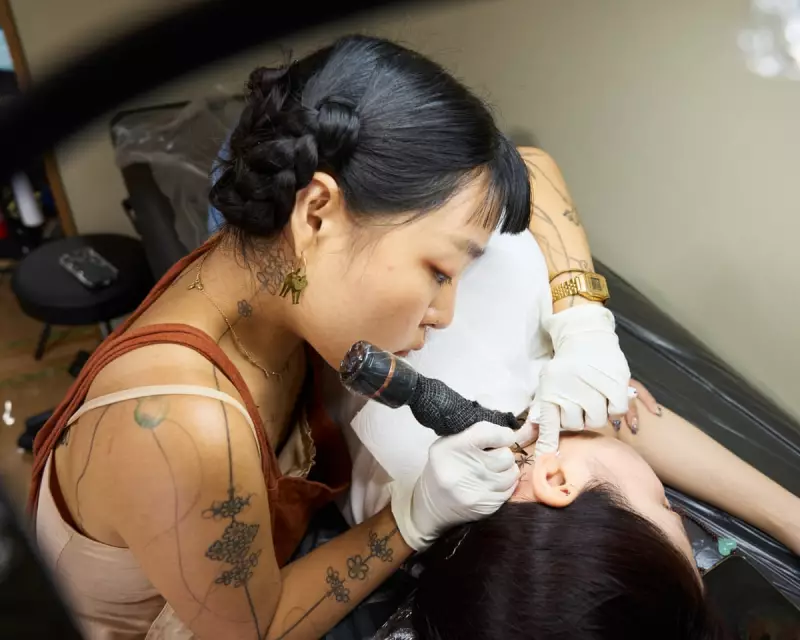
In a groundbreaking decision that marks the end of a seven-decade prohibition, South Korea's Constitutional Court has declared the nation's ban on non-medical professionals performing tattoos unconstitutional, delivering a landmark victory for artistic freedom and personal expression.
A Seventy-Year Struggle Ends
The ruling overturns legislation dating back to the 1950s that classified tattooing as exclusively a medical procedure, requiring practitioners to hold medical licenses. This archaic law had forced thousands of skilled tattoo artists to operate in legal grey areas, facing potential fines and even imprisonment for practising their craft.
The case was brought by tattoo artist Lee Do-yoon, whose legal challenge argued that the ban violated fundamental rights to occupational freedom and personal choice. The court's decisive ruling acknowledged that tattooing represents both an art form and a means of personal expression deserving constitutional protection.
Cultural Shift and Economic Implications
This judgement signals a significant cultural shift in a nation where tattoos have historically carried social stigma, often associated with criminal organisations. Despite this perception, South Korea has developed a vibrant underground tattoo scene with internationally acclaimed artists whose work has gained global recognition.
The legalisation opens substantial economic opportunities, potentially transforming South Korea into a regional hub for tattoo tourism. The industry, previously operating in shadows, can now establish proper businesses, pay taxes, and contribute openly to the creative economy.
What This Means for Artists and Clients
- Legal Protection: Tattoo artists can now operate without fear of prosecution
- Industry Standards: Opportunity to establish proper regulations and hygiene standards
- Consumer Safety: Clients can seek services from openly practising professionals
- International Recognition: South Korean artists can gain formal international standing
The Road to Regulation
While the court has struck down the ban, attention now turns to the National Assembly to establish a comprehensive regulatory framework. This presents an opportunity to create safety standards, licensing requirements, and professional guidelines that protect both artists and clients while maintaining the artistic integrity of the practice.
The ruling represents not just a legal change but a cultural milestone, acknowledging that body art constitutes a legitimate form of self-expression in modern Korean society. As one artist outside the courthouse declared, "This isn't just about tattoos – it's about our right to choose how we express our identity."





